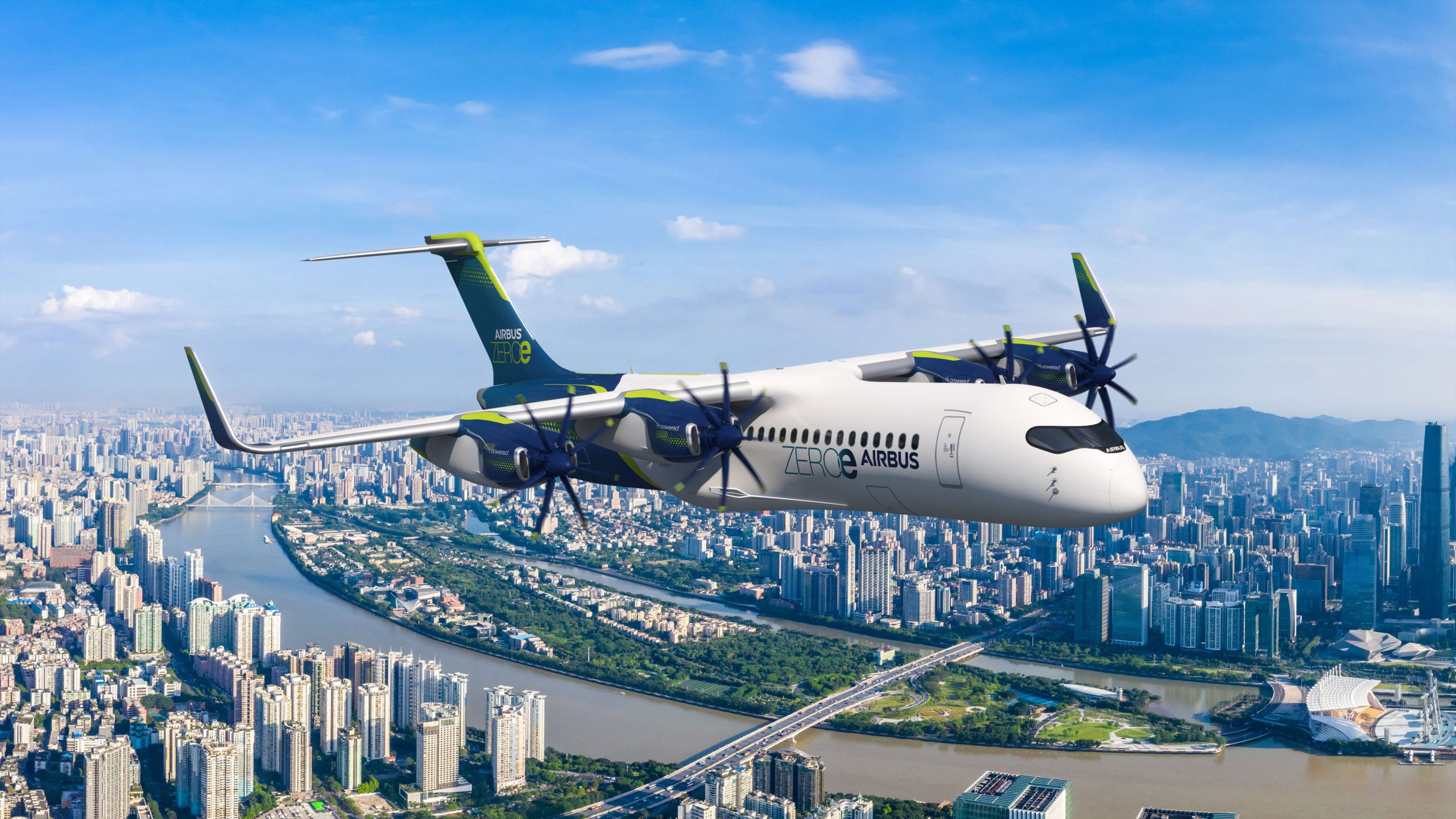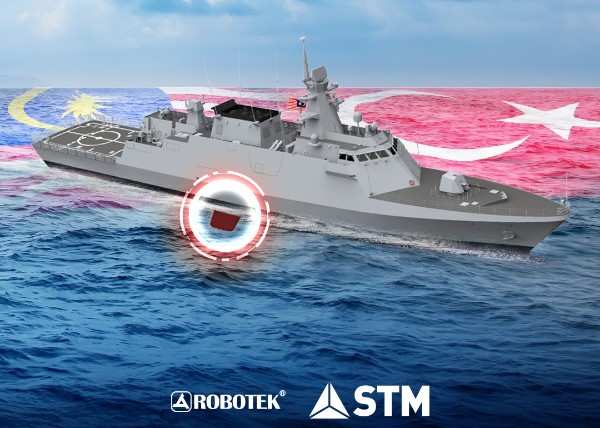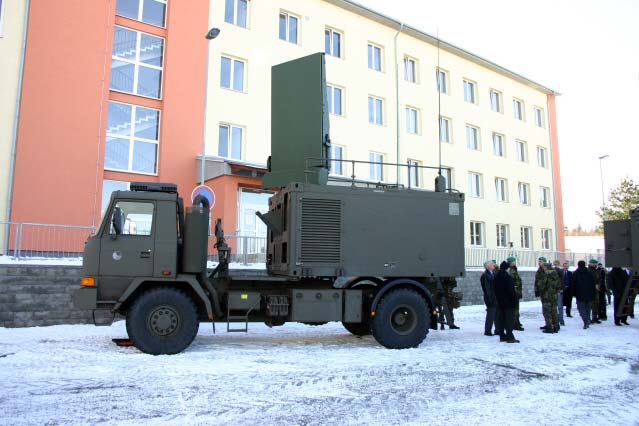During the 2025 Airbus Summit, Airbus provided an update on its long-term strategy to revolutionize commercial aviation, revealing plans for a next-generation single-aisle aircraft targeted to enter service in the second half of the 2030s. The company also presented a revised roadmap for its ZEROe project, aimed at maturing the technologies required for hydrogen-powered flight.
At the Summit, Airbus reaffirmed its commitment to introducing a commercially viable hydrogen aircraft. The company highlighted key technological advancements that will enable the development of a fully electric, fuel-cell-powered commercial aircraft — a solution that Airbus considers the most promising pathway after years of research into hydrogen aviation.
Table of Contents
ToggleHydrogen at the Core of Airbus’ Decarbonization Strategy
Bruno Fichefeux, Airbus‘ Head of Future Programmes, emphasized the importance of hydrogen in achieving the company’s decarbonization goals:
“Hydrogen is at the heart of our commitment to decarbonize aviation. While we’ve adjusted our roadmap, our dedication to hydrogen-powered flight is unwavering. Just as we saw in the automotive sector, fully electric aircraft powered by hydrogen fuel cells have the potential in the longer term to revolutionize air transport for the better, complementing the sustainable aviation fuel pathway.”
Notional Hydrogen Aircraft Concept Unveiled
Airbus also introduced a new concept for a hydrogen-powered aircraft featuring four 2-megawatt electric propulsion engines. Each engine would be powered by a fuel cell system that converts hydrogen and oxygen into electrical energy. The four fuel cell systems would be supplied by two liquid hydrogen tanks.
This concept is expected to undergo further refinement over the coming years as Airbus conducts additional tests to advance hydrogen storage, distribution, and propulsion technologies.
Advancing Hydrogen Technology and Regulatory Framework
Glenn Llewellyn, Airbus’ Head of the ZEROe Project, provided insights into the progress and future direction of hydrogen-powered flight:
“Over the last five years, we have explored multiple hydrogen-propulsion concepts before down-selecting this fully electric concept. We are confident it could provide the necessary power density for a hydrogen-powered commercial aircraft and could evolve as we mature the technology. In the coming years, we will concentrate on advancing the storage, distribution, and propulsion systems, while also advocating for the regulatory framework needed to ensure these aircraft can take flight.”
Airbus’ continued focus on hydrogen-powered flight reflects its long-term vision to lead the aviation industry toward a sustainable future. The company’s advancements in hydrogen technology are expected to play a key role in reducing aviation’s carbon footprint and transforming air travel in the decades ahead.














